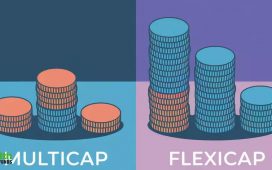Open-ended schemes are available for repurchase and subscription continuously and are generally more liquid as compared to other funds.
“Investors may come more into open-ended schemes and exit whenever they find a decent profit-booking opportunity,” said Marzban Irani, chief investment officer – fixed income at the fund house that manages over 92 billion Indian rupees ($1.12 billion) worth of debt.
“Earlier, people used to stay invested in funds for at least three years, irrespective of interest rate changes, but now they can book profit if they get the desired return and think of other investment avenues.”
India amended a bill last week to tax investments in debt mutual funds as short-term capital gains, a move that could strip investors of the long-term tax benefits that had made such investments popular.
Irani does not expect any major dearth in inflows from April but foresees a change in the investment pattern, as investors may prefer more active as well as liquid portfolios.
He also pointed out that large investors would continue to prefer mutual fund debt over direct investment, especially for corporate bonds. “During the time of heavy redemption, only mutual funds will be able to provide them an exit.” If they directly opt for bond investments, they might find it challenging to liquidate large amounts and may not get decent levels, he added.
Irani also said investors may choose government bonds and Treasury bills while investment in debt from non-banking and housing finance companies, which has lower liquidity, may reduce.
With interest rates near peak, investors will also continue to prefer debt schemes to benefit from capital appreciation, added Irani.
($1 = 82.1950 Indian rupees) (Reporting by Dharamraj Dhutia; Editing by Janane Venkatraman)











